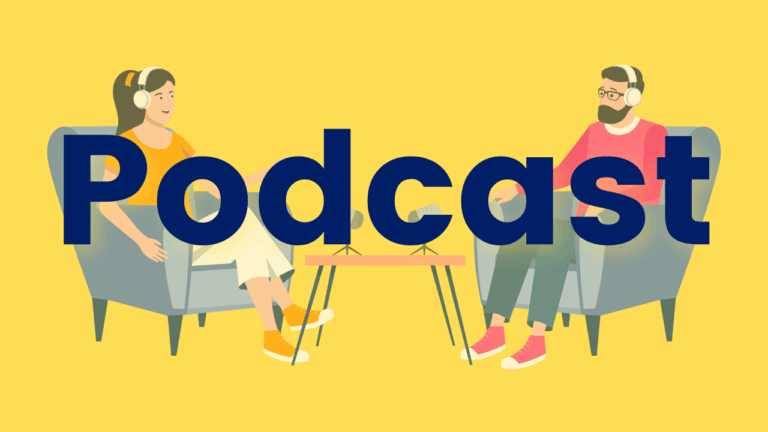See-Think-Wonder
This visible thinking routine developed by Harvard Project Zero uses observations, inferences, and questions to develop vocabulary and background knowledge, and foster conversations among students.

This visible thinking routine developed by Harvard Project Zero uses observations, inferences, and questions to develop vocabulary and background knowledge, and foster conversations among students.

This title is a must-read for any educators working with multilingual learners (MLLs) of all ages, referred to in the book as English Learners (ELs). It affirms the necessity of a structured literacy approach for these students, while adding in the extra layers of support that may also be beneficial (e.g., comparing English and home…

This webinar highlights thie importance of respecting linguistic variation, and integrating it into language and literacy instruction of Black children. It explores the relationship between Black children’s language and the development of a healthy identity.

This resource has been compiled by a group of Canadian language and literacy experts. It is organized into three primary segments. First, it highlights the essential information educators should possess about various research types, enabling them to stay well-informed and knowledgeable about the connection between language, reading, and writing instruction. The next section focuses on…

In this episode, host Kate Winn welcomes Dr. Sonia Cabell for a candid discussion about five key research-based elements of early language and literacy instruction for young children.

In this episode, Kate Winn is joined by Dr. Carolyn Strom for a conversation about the reading brain. What are the neural underpinnings of how students learn to read? How can research in this field help us in the classroom?

In this podcast episode, Kate Winn hosts Diana Burchell for a conversation about language learners. Is structured literacy appropriate for multilingual learners? Can early screening and intervention support students in French Immersion? What does research tell us about the language and literacy development of refugees from Syria?

This infographic highlights how students unlock the power of reading to learn. In the early years, children gain vocabulary, knowledge, and understanding of their home language through listening. This can be boosted by engaging in meaningful conversations, listening to stories read aloud, and exposure to knowledge and vocabulary-building media. While this is a powerful and…

In this PaTTAN Literacy Symposium learning module, Judi Dodson explains oral language’s role in reading comprehension. She examines language development and its impact on reading comprehension and provides meaningful and practical activities that can be easily implemented in the classroom. A printout of the slides is included for future reference.

In this Reading Universe document, Reid Lyon summarizes, in plain language, what research has learned about reading development in the last 50 years. This resource will support Educators in professional development with a concise list that includes selective of studies that underlie each maxim.

In this International Dyslexia Association Perspectives article, Dr. Cheryl Scott and Dr. Catherine Balthazar, discuss the research about sentences as a unit of oral and written language. They discuss sentence complexity, how to identify students at risk for syntactic problems, and intervention practices to support these students.

In this PaTTAN Literacy Symposium learning module, Judi Dodson explains oral language’s role in reading comprehension. She examines language development and its impact on reading comprehension and provides meaningful and practical activities that can be easily implemented in the classroom. A printout of the slides is included for future reference.